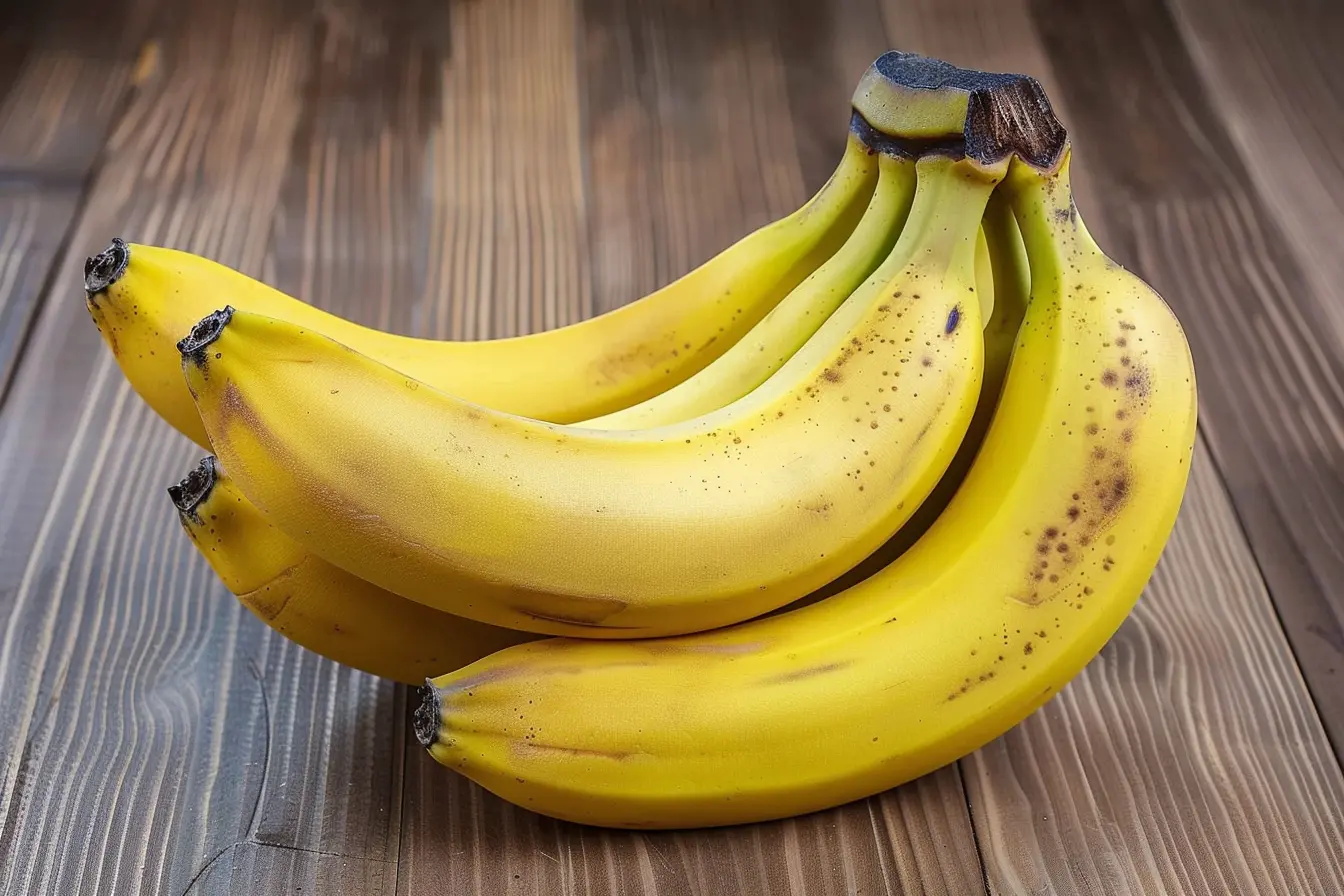Are Bananas a Good Source of Protein? Exploring the Nutritional Value of Bananas
Introduction: Are Bananas a Good Source of Protein?
Bananas are a popular fruit known for their natural sweetness, convenient portability, and rich nutritional profile. However, when it comes to protein, many people wonder, are bananas a good source of protein? The short answer is that while bananas have many health benefits, they aren’t particularly high in protein. However, they pair exceptionally well with protein-rich foods to create balanced, energy-boosting snacks and meals.
In this article, we’ll explore the protein content of bananas, their overall nutritional value, and how to combine them with high-protein foods for a more balanced diet.
Protein Content in Bananas: How Much Is There?
If you’re asking, “Are bananas a good source of protein?” it’s important to look at their actual protein content. A medium banana (about 118 grams) contains:
- Protein: 1.3 grams
- Calories: 105
- Carbohydrates: 27 grams
- Fiber: 3 grams
Considering the daily recommended protein intake for an average adult is around 46-56 grams, the protein in bananas contributes only a small portion of that requirement. Thus, while bananas do contain some protein, they are not a significant source on their own.
The Nutritional Benefits of Bananas Beyond Protein
Although bananas don’t provide much protein, they still offer numerous health benefits that make them an essential part of a balanced diet:
- Rich in Vitamins and Minerals: Bananas are packed with essential nutrients like vitamin C, vitamin B6, and potassium. Potassium is crucial for muscle function, which makes bananas a great partner for protein-rich foods, especially for athletes and those with active lifestyles.
- Dietary Fiber: Bananas provide dietary fiber, which supports digestive health and promotes a feeling of fullness. Combining fiber with protein, as found in a banana and yogurt smoothie, can help maintain steady energy levels and keep you satisfied longer.
- Natural Sugars for Energy: Bananas contain natural sugars such as glucose, fructose, and sucrose, offering a quick energy boost. This makes them an excellent addition to protein shakes or snacks, especially for pre- or post-workout nutrition.
How to Pair Bananas with Protein-Rich Foods
Since bananas aren’t a high-protein food, it’s beneficial to pair them with other protein sources. Here are some tasty ways to incorporate bananas into a protein-rich diet:
1. Banana and Greek Yogurt Parfait
Greek yogurt is an excellent protein source, with up to 10 grams per serving. When you combine it with sliced bananas, you get a snack that provides protein, fiber, and natural sugars. Adding granola or nuts further boosts the protein content, making this a balanced option for breakfast or a midday snack.
2. Banana Protein Smoothie
One of the best ways to use bananas in a protein-packed meal is by blending them into a smoothie. Simply mix a ripe banana with your favorite protein powder and milk (or plant-based alternatives). Adding ingredients like nut butter or seeds can provide even more protein to the shake.
3. Peanut Butter and Banana Toast
Wondering how to make a quick, protein-rich snack? Spread peanut butter on whole-grain toast and top it with banana slices. Peanut butter offers about 8 grams of protein per 2-tablespoon serving, making this an easy way to pair bananas with a good protein source.
4. Overnight Oats with Bananas and Protein Powder
Combining oats, milk, mashed bananas, and a scoop of protein powder in a jar creates a balanced breakfast. The protein powder, along with the fiber from the oats and banana, makes for a nutrient-dense start to the day.
Why Bananas Are a Great Addition to Protein-Rich Meals
While bananas themselves don’t provide a lot of protein, they make an excellent complement to protein-rich foods. Here’s why adding bananas to your meals can enhance your nutrition:
- Quick Energy Source: Bananas’ natural sugars give a fast energy boost, making them an ideal pairing with protein for post-workout recovery. For example, adding banana slices to a protein smoothie replenishes energy and aids muscle recovery.
- Natural Sweetness: Bananas add sweetness to dishes like protein shakes, oatmeal, or yogurt bowls without the need for added sugars. This is particularly helpful when preparing high-protein meals that need a touch of natural flavor.
- Digestive Support: The fiber in bananas helps support digestion, which can be beneficial when consuming high-protein diets that sometimes lead to digestive discomfort.
Frequently Asked Questions About Bananas and Protein
Q: Can bananas help with muscle building?
Bananas alone do not provide enough protein to significantly support muscle building. However, they pair exceptionally well with high-protein foods, such as Greek yogurt or protein powder, to create meals that aid in muscle recovery and growth. Their natural sugars also provide quick energy, supporting workout performance.
Q: Is eating bananas with protein good for weight management?
Yes! Combining bananas with protein, such as in a smoothie or on peanut butter toast, provides a balance of fiber, healthy carbs, and protein. This balance helps maintain steady energy levels and keeps you feeling full, which can aid in weight management.
Q: What other fruits are higher in protein than bananas?
While bananas do contain some protein, fruits like guavas, avocados, and blackberries have a slightly higher protein content. However, most fruits are not major protein sources, so pairing them with protein-rich ingredients is essential for a balanced diet.
Conclusion
So, are bananas a good source of protein? Not quite. While bananas offer a wealth of nutrients, their protein content is relatively low. However, they pair beautifully with protein-rich foods, helping you create balanced and nutritious meals. By adding bananas to protein-packed options like smoothies, yogurt bowls, and peanut butter toast, you can enjoy the natural energy and nutritional benefits bananas provide while ensuring you get enough protein in your diet.
